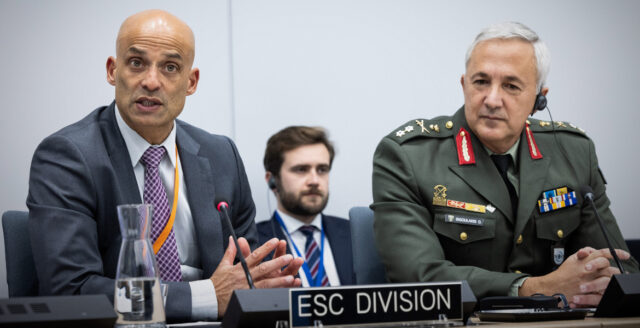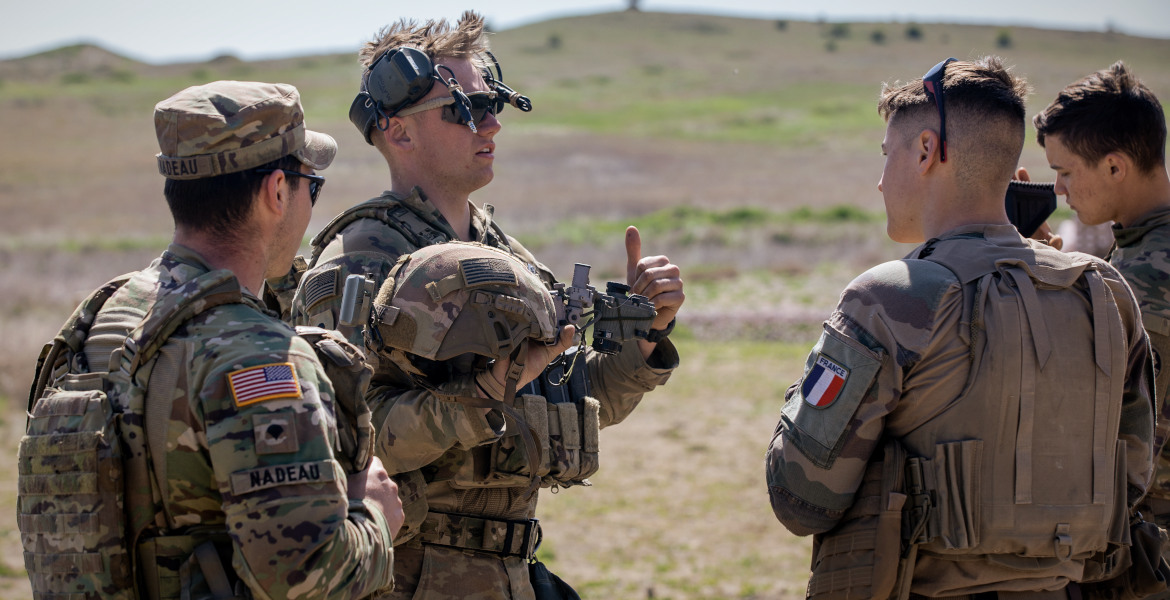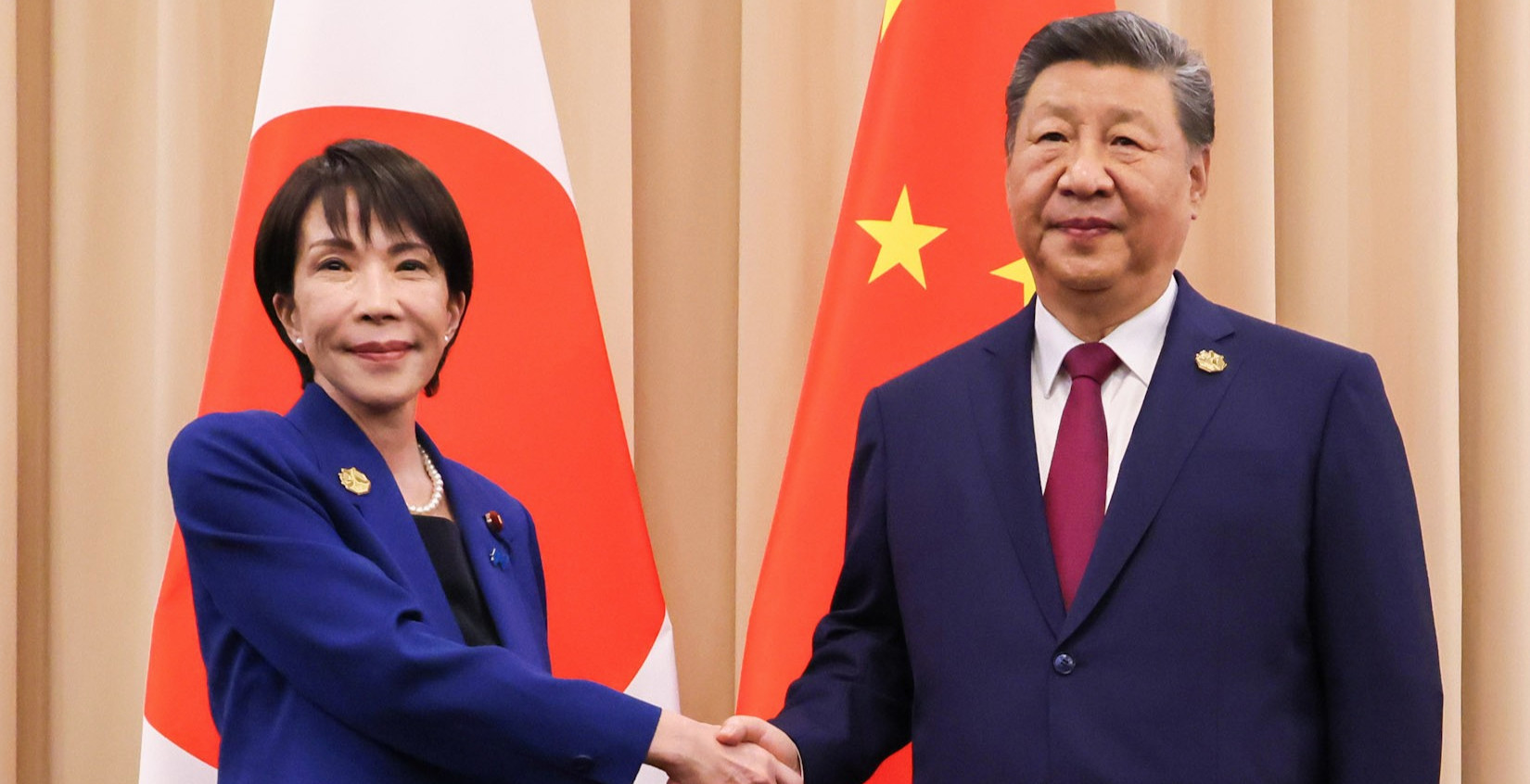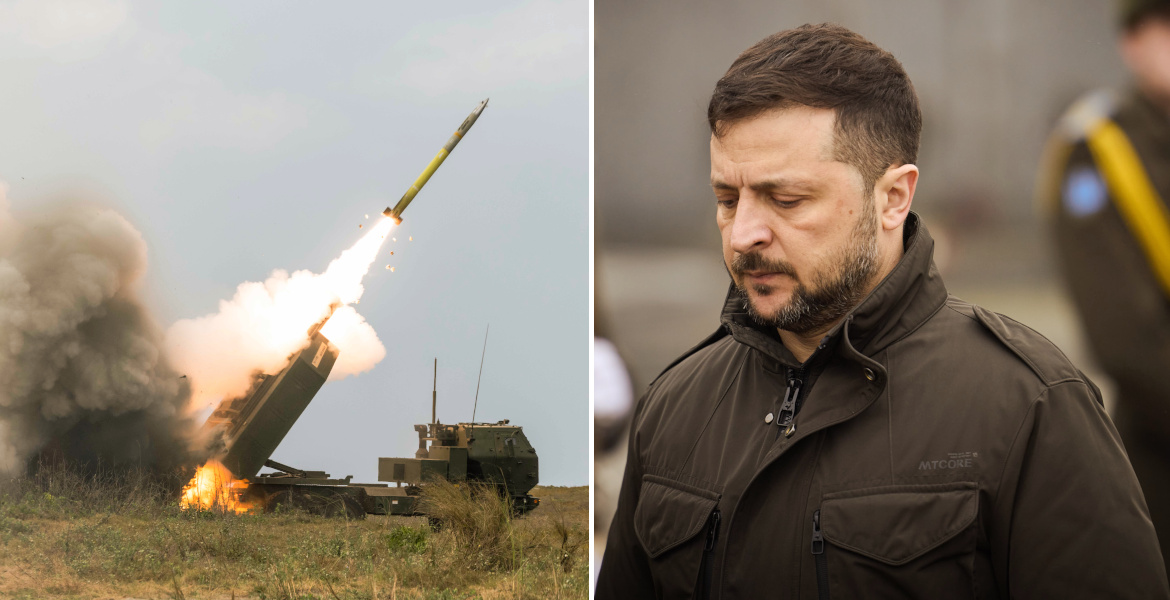NATO is facing a serious threat, according to James Appathurai, the organization's Assistant Secretary General for Innovation, Hybrid and Cyber Affairs.
This time, however, it is neither the Russians nor the Chinese who are said to be threatening the US-led military pact's operations – but alleged climate change.
According to the Canadian NATO chief, the climate has changed dramatically in a short period of time and Europe's military forces have not yet been able to adapt satisfactorily to these new conditions.
The NATO Climate Change and Security Impact Assessment report, for example, paints a picture of increased heavy rainfall, making it difficult for radar systems to function as intended.
Other problems identified include the negative impact of warmer air on aircraft performance and higher water temperatures making it more difficult to track enemy submarines. According to James Appathurai, it is therefore high time for NATO countries to focus on adapting their defense to climate change.
– We need to look at the climate in terms of its impact on military effectiveness, he tells state broadcaster SVT.
"Sweden will be affected"
Since 2022, the US Army has been actively working on "climate adaptation", which means, among other things, that all non-combat military vehicles will be electrified, and that solar and wind power will be used extensively to secure the energy supply.
– Novel materials, new materials that we can generate for military equipment and uniforms. Better modelling using AI so we can see what temperature changes take place in the future, Appathurai explains, pointing out that lighter and more efficient aircraft engines are also being built to carry more cargo and consume less fuel.

– We are looking at all kinds of innovative technologies and better planning to be able to meet these challenges in the future and maintain our military effectiveness, he says, emphasizing that climate adaptation is being driven by purely military strategic reasons, rather than activist motives.
He further emphasizes that it is up to the individual member states to decide on climate adaptation, but that the leadership hopes to "forge consensus and give non-binding voluntary guidelines to member states".
– As I have outlined, Sweden will be affected by this, he states.





